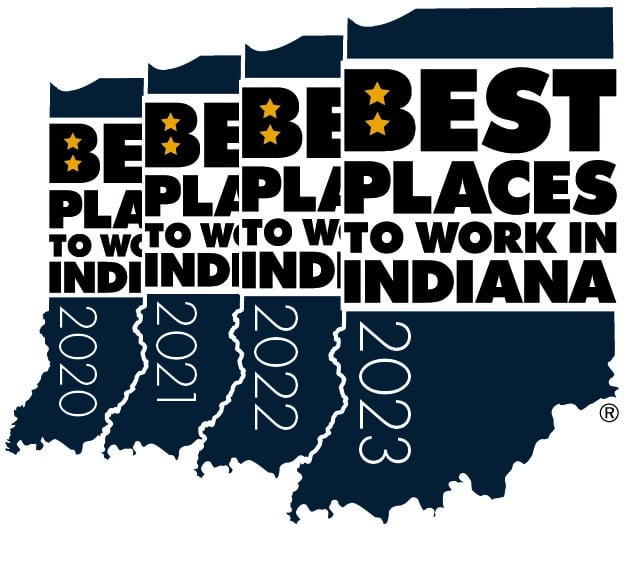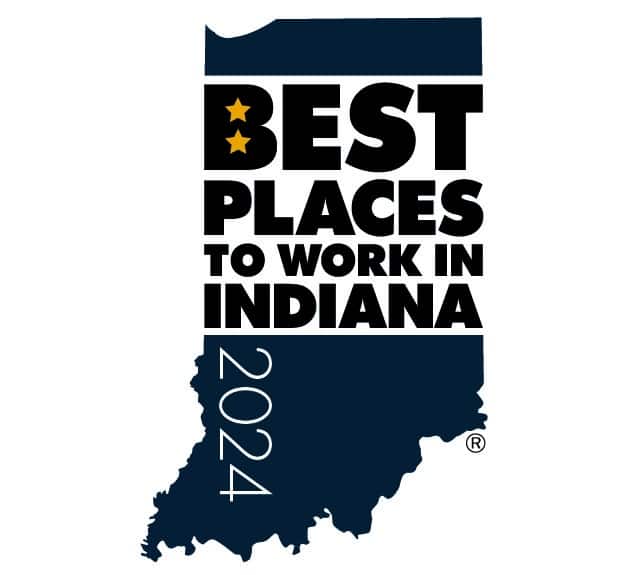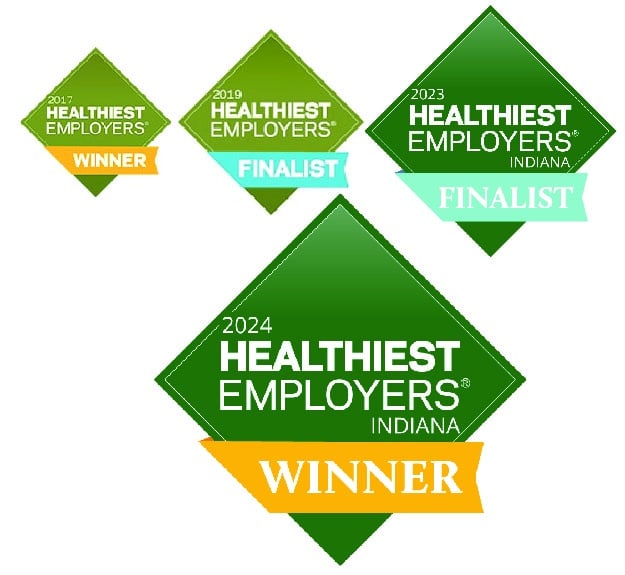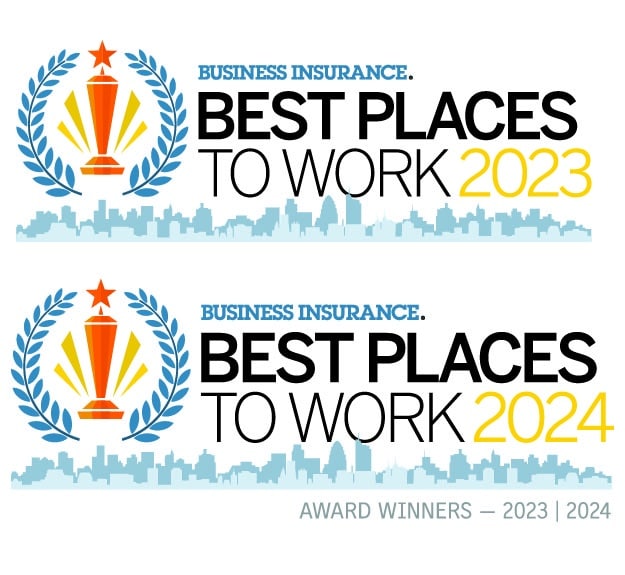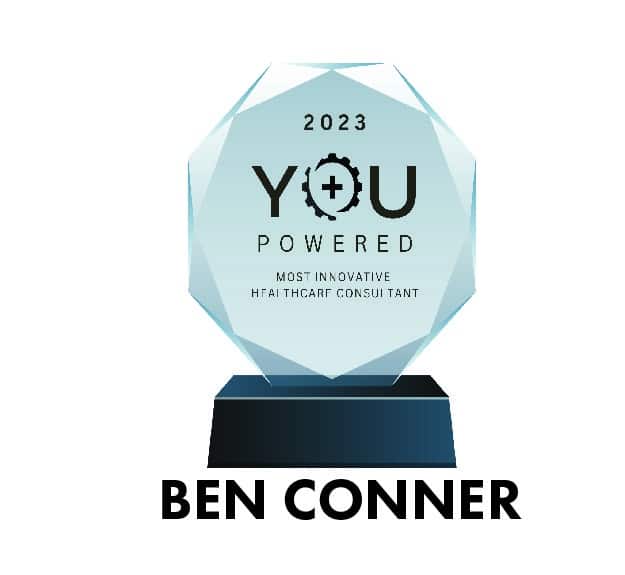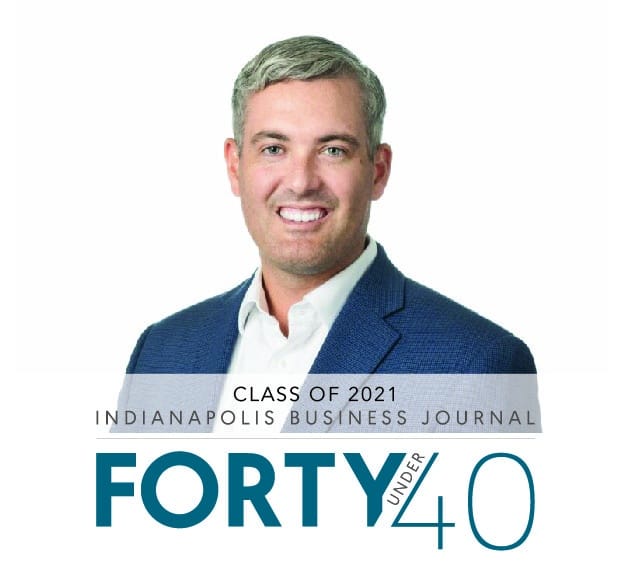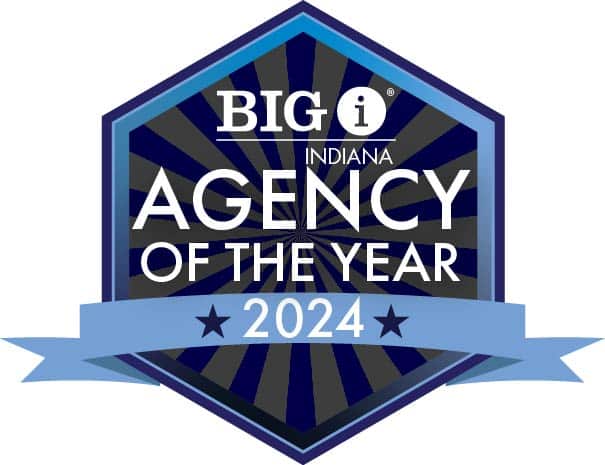Misalignment in the Healthcare System – A Journey Through the Eyes of Experts
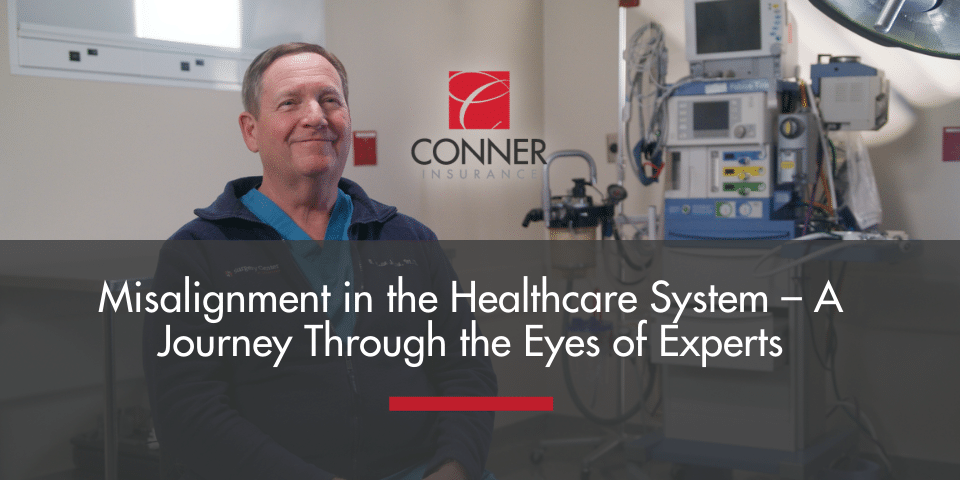
Misalignment in the Healthcare System – A Journey Through the Eyes of Experts. United States healthcare can be a confusing, complicated and expensive system, producing slightly different experiences for each person who navigates it. Both good and bad.
This year Conner Insurance has produced an important documentary that takes a deep dive into the healthcare industry. It’s Not Personal, It’s Just Healthcare takes you on a journey through the eyes of multiple people who have been through the healthcare industry and have become aware of the misalignment it can produce. Throughout the documentary, you will hear experiences and points of view from all sides of the industry including insurance carriers, brokers, patients, and physicians.
“So much of what we spend on healthcare does not go to improve somebody’s health or get someone well.” — Wendell Potter.
Keith Smith, Medical Director at the Surgery Center of Oklahoma, is all too familiar with the high costs of healthcare. Part of the problem, he believes, is that patients aren’t given prices of procedures before they occur, but after, often producing surprise medical bills. For example, some patients experience surprise medical bills when only parts of the required treatment are covered. Others may receive a diagnosis from a physician only to discover a specialist is outside of their network– a doctor they may need to pay out of pocket to see.
The high cost of health care can put a significant burden on American families. The KFF recently shared an analysis that shows “people in the United States owe at least $220 billion in medical debt.” A staggering amount. The analysis goes on to show that 14 million people owe over $1000.00 in medical debt — and 3 million owe over $10,000. Patients diagnosed with serious health conditions not only have to worry about how and when they might feel better but also how they will pay their bills as their treatment continues.
To help remedy these issues, Smith created an independent, free-market surgery center, with transparent pricing, a facility he realized could provide care — and needed transparency — for his patients at a 10th of the price some hospitals charge. Facilities like this can allow people to save and prepare financially for procedures they need while helping to reduce surprise bills that quickly add up.
For businesses and employers, the healthcare system poses more complications.
Discussions about benefits plans are often put off— even dreaded by employers. Ever-rising costs of benefit plans have become expected and often result in reduced profitability, leaving employers to cut back on other areas of the company. Unfortunately, these expenses may be cut from employee wages, which can negatively affect recruitment and retention efforts.
So why are employers turning a blind eye? Nelson Griswold, Managing Director, NextGen Benefits, suggests it may be because “many believe you can’t control the cost of healthcare.” Employers are often left to feel like there is little to be done to decrease or change the pattern of increased premiums and healthcare costs. But it doesn’t have to be that way.
Business leaders need to voice their opinions and ask brokers for detailed, data-driven analyses of their programs. Often brokers claim they have negotiated the “best price” for their employee benefits by decreasing the increase from 10% to 5%, however, the “discount” is based on an arbitrary number, so reducing that number still means an increase in overall costs. Moreover, increased costs are usually explained in a complicated manner, which can prevent business leaders from asking questions. Brokers need to simplify the message and speak to employers in a language they can understand.
Enough is enough.
There is a way to provide fair healthcare to employees. Employers need to start questioning brokers and insurance companies about their programs. Learn how to fight back, protect, and deliver healthcare that matters.
Watch It’s Not Personal, It’s Just Healthcare and hear valuable insights from experts in the industry.
We need advocates to help build a better system, and it starts with you. Join the conversation. Be part of the solution. If you would like more information, don’t hesitate to reach out.

